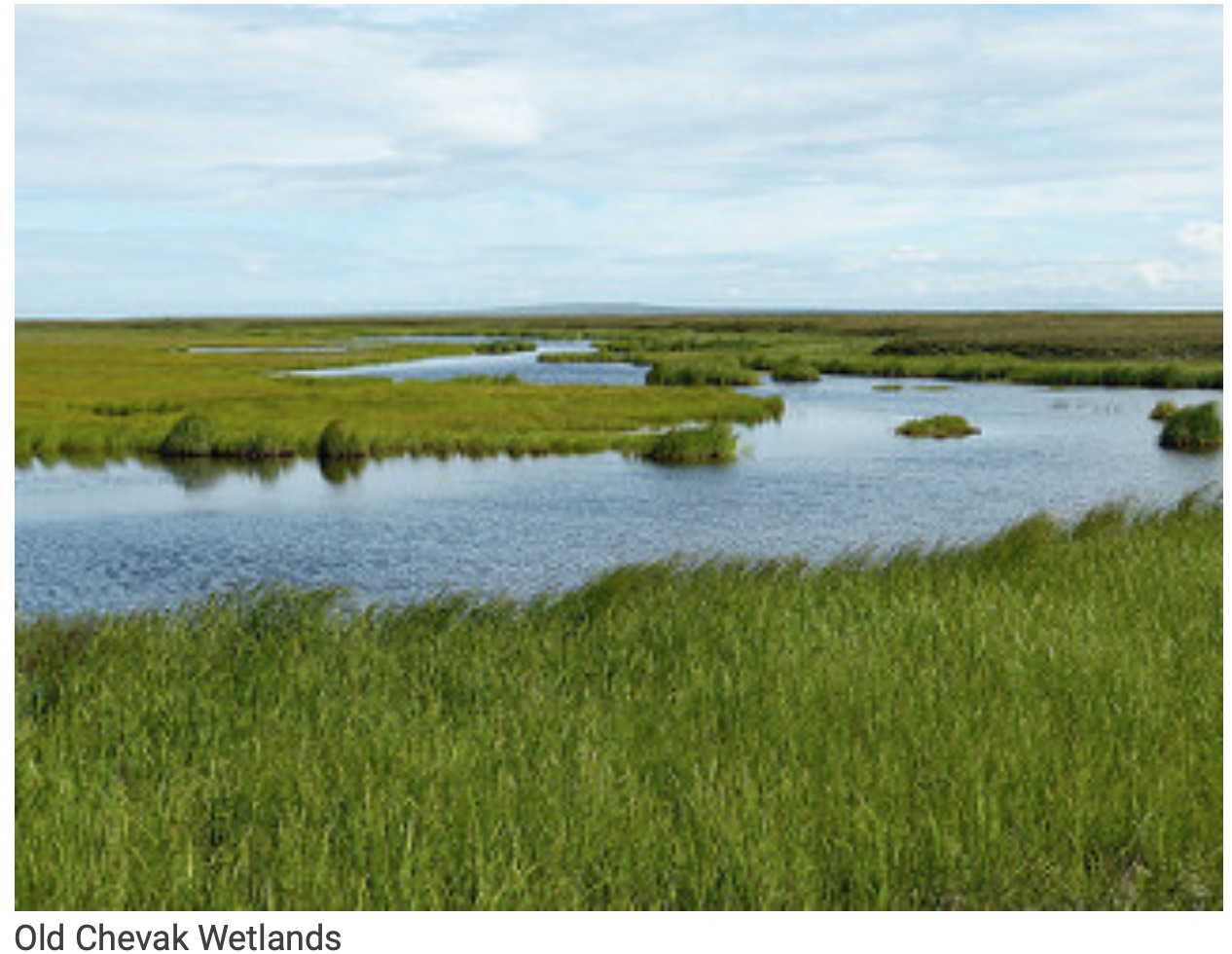By COLE LAUTERBACH
The Environmental Protection Agency is finalizing rules for how it will implement a controversial part of the Clean Water Act.
The waters of the United States, or WOTUS, definition details that the EPA sets the threshold and exceptions of what waterways fall under federal jurisdiction. A waterway, from rivers to road ditches, that fall under the federal umbrella under WOTUS can only be altered with EPA permission.
The final rule change goes back in time, reinstating the rules for navigable waters, seas, interstate waters and upstream sources. The agency says the final rule reverts policy back to what it was before it was expanded in 2015.
“When Congress passed the Clean Water Act 50 years ago, it recognized that protecting our waters is essential to ensuring healthy communities and a thriving economy,” said EPA Administrator Michael S. Regan. “Following extensive stakeholder engagement, and building on what we’ve learned from previous rules, EPA is working to deliver a durable definition of WOTUS that safeguards our nation’s waters, strengthens economic opportunity, and protects people’s health while providing greater certainty for farmers, ranchers, and landowners.”
The final proposal was met with criticism by road builders, who say applying WOTUS to road ditches would undermine key provisions in President Joe Biden’s infrastructure law.
“Federal environmental reviews can take as long as seven years to complete for new transportation projects. While the bipartisan Infrastructure Investment and Jobs Act (IIJA) sets a two-year review timeline, EPA’s rule puts this goal out of reach for many projects by adding more permitting requirements with no resulting tangible environmental benefits, and in the process increasing the time it takes to deliver transportation improvements,” said ARTBA Vice President of Legal & Regulatory Issues, Nick Goldstein.
The rule had been narrowed by an EPA led by former-Trump appointees.
In June 2021, the EPA and the Army Corps of Engineers announced it intended to redefine WOTUS.
The U.S. Supreme Court heard Sackett v. EPA, a case filed against the agency by an Idaho landowner, in October. The court is expected to release an opinion in early 2023.
Cole Lauterbach is a managing editor for The Center Square covering the western United States. For more than a decade, Cole has produced award-winning content on both radio and television.
